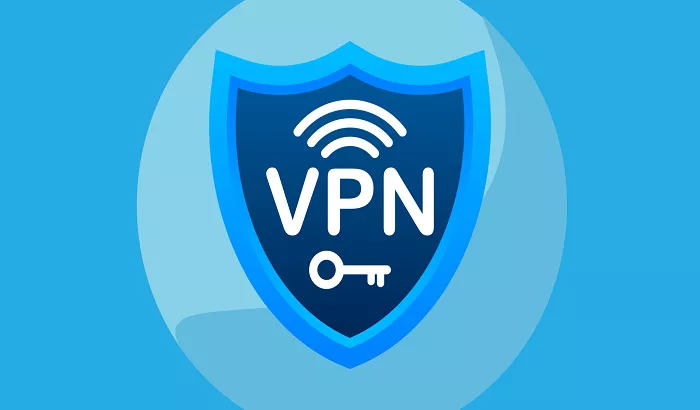As concerns over online privacy and security grow, individuals and organizations are taking active steps to safeguard their digital footprint. Recent trends indicate a sharp rise in the use of Virtual Private Networks (VPNs) in the U.S., alongside enhanced privacy features from platforms like WhatsApp and Getcontact. These developments highlight a widespread shift toward stronger online security practices.
VPN Usage on the Rise in the U.S.
According to CNET, 43% of American adults now use VPNs, with nearly half citing privacy protection as their primary reason. VPNs help users encrypt their internet activity and mask their IP addresses, making it harder for hackers, advertisers, and even governments to track online behavior.
Cybersecurity expert Neal O’Farrell, who has over 40 years of experience in the field, emphasizes the importance of VPNs. “Rather than rolling the dice and hoping no one is watching, it’s best not to take the risk,” he warns.
VPN adoption has surged, particularly following incidents like the temporary TikTok ban earlier this year. During the ban, 50% of millennials and Gen Z users turned to VPNs to bypass restrictions and access blocked content. This trend reflects how VPNs are becoming a go-to tool for digital freedom and security.
Mobile VPN Usage and Growing Awareness
The growing reliance on mobile devices has also influenced VPN adoption. 51% of users now access VPNs on their smartphones, securing their data while browsing, shopping, or using social media on the go. O’Farrell points out that many people overlook mobile security, despite conducting sensitive transactions daily on their phones.
With data tracking becoming more prevalent, public awareness of VPN benefits is increasing. Currently, 52% of VPN users prioritize privacy, and this number is expected to grow as more Americans learn about the risks of unprotected internet usage.
WhatsApp Strengthens User Privacy with New Features
Beyond VPNs, messaging apps are stepping up efforts to enhance security. WhatsApp has introduced several privacy-focused features, ensuring users have more control over their personal data.
One of the most notable updates is end-to-end encryption, which ensures only the sender and recipient can access messages. Unlike many other platforms, WhatsApp does not store messages on its servers, reducing the risk of unauthorized interception.
Other key privacy updates include:
✔ Customizable Privacy Settings – Users can control who sees their profile pictures, last seen status, and online availability. Options include “Everyone,” “My Contacts,” and “My Contacts Except…” for tailored security.
✔ Chat Lock Feature – This allows users to secure specific conversations using biometric authentication or passwords, adding an extra layer of protection for sensitive chats.
✔ Two-Step Verification – Users can enable a six-digit PIN for additional security, preventing unauthorized access even if their login credentials are compromised.
These features empower users to manage their digital privacy more effectively, reflecting WhatsApp’s ongoing commitment to user security.
Protecting Personal Information with Getcontact and Google Tools
Aside from VPNs and messaging apps, many users are turning to platforms like Getcontact to keep their phone numbers private. Getcontact allows users to hide their contact information, preventing unwanted calls, spam, and potential data misuse.
Meanwhile, Google has made strides in improving personal data management with its “Results About You” tool. This feature enables users to remove outdated or sensitive information from search results, giving them greater control over their online presence.
The Future of Online Privacy
With rising cyber threats and increasing digital exposure, privacy is becoming a top priority for internet users. Whether through VPNs, messaging security updates, or personal data control tools, people are adopting new technologies to protect their information.
As privacy concerns continue to grow, it is clear that we are moving toward a more security-conscious digital world. Users are demanding greater transparency, stronger protections, and the ability to control their own data. The shift toward enhanced digital privacy is not just a trend—it is the new standard for online safety.

